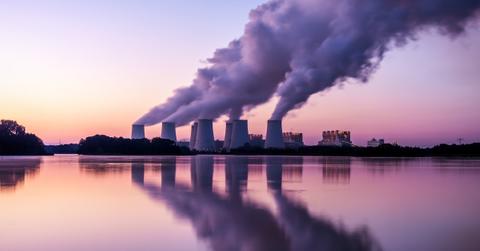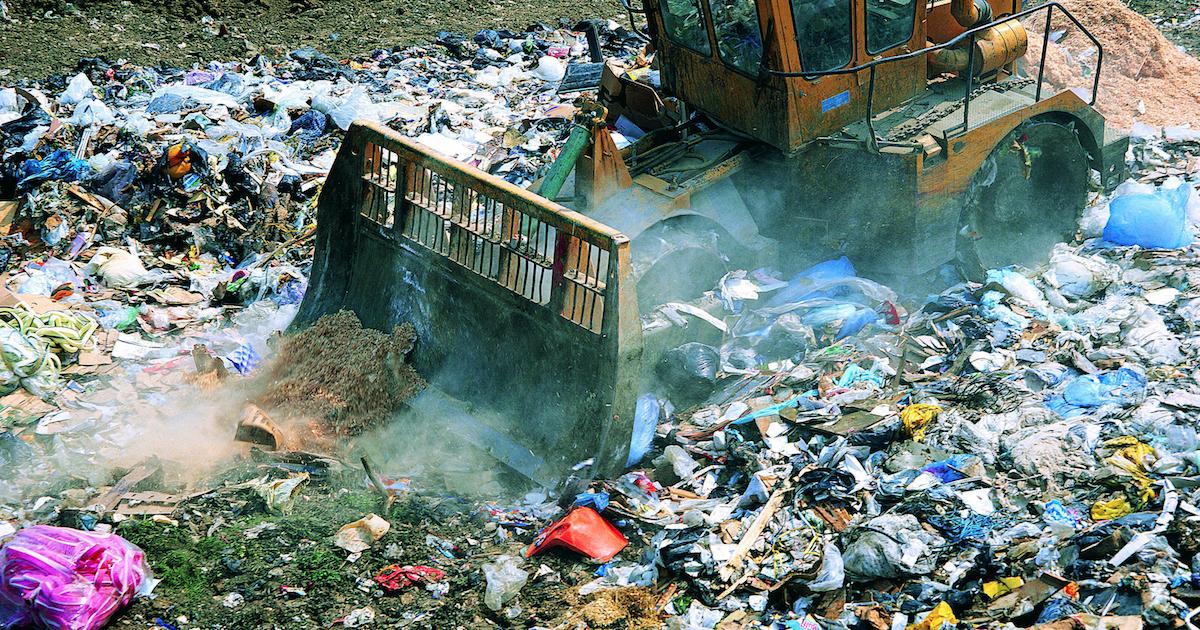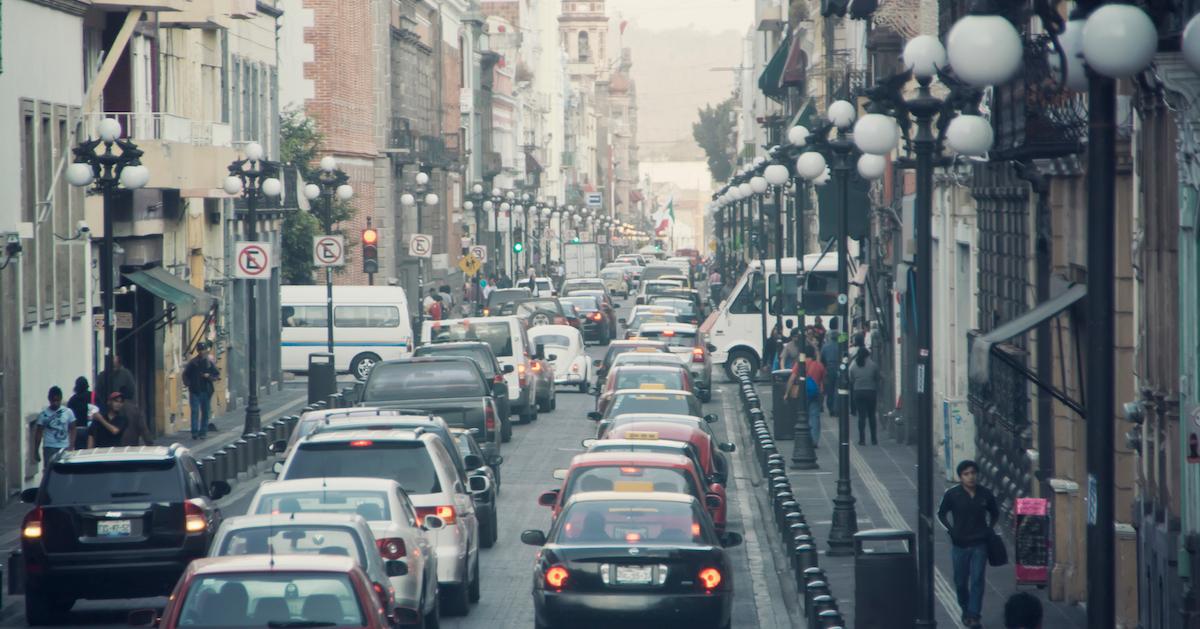How Can One Person Reduce Pollution?
Published Feb. 12 2021, 3:22 p.m. ET

At Green Matters, we are fairly serious about personal responsibility, especially when it comes to environmentalism. Going vegan, living a zero-waste lifestyle, reducing waste, and minimizing one’s environmental impact are all cornerstones of our philosophy. Each of these actions represents the means by which one person can reduce pollution. In order to understand their impact on the various types of pollution that exists in our world, however, we must examine how each type in detail.

How can one person reduce pollution?
Our forebearers expended a good deal of energy on creating and consuming more than their fair share. The result was the world of today, a world rife with excess plastic, overflowing landfills, and greenhouse gases. The responsibility for reducing this pollution now falls to us, and though it might take some effort on our part, it's absolutely possible for each individual person to make a positive environmental impact.
Shift to a zero-waste lifestyle.
Speaking of plastic, those who live a zero-waste lifestyle don’t use the stuff if they can help it. In fact, zero-waste advocates don’t use anything that has any sort of single-use purpose if they can get away with it. According to the Toronto Environmental Alliance, living a zero-waste lifestyle conserves resources and minimizes pollution.
Elements of the zero-waste lifestyle include conserving water and electricity, shopping from sustainable and eco-conscious companies, buying locally, composting, and recycling, reusing, or repurposing whenever possible.

Eat a plant-based or vegan diet.
Veganism isn’t for everyone, but if you want to reduce your environmental impact and reduce pollution, cutting back on meat and/or dairy would be something to at least consider. According to Our World in Data, the global emissions for 2.2 pounds of beef from non-dairy beef herds is 220 pounds of carbon dioxide. Around 49 percent of this is methane, which comes from cows and sheep.
The idea behind veganism reducing pollution is as follows: if less meat is eaten, less animals will be bred and killed, and there should be less demand for new livestock. Less livestock would mean less methane, which would mean a reduction in greenhouse gases polluting our atmosphere. It’s good for us and it’s good for the animals.
Divest from fossil fuels.
Fossil fuels account for an enormous chunk of pollution at this time. According to the U.S. Energy Information Administration (EIA), CO2 emissions from fossil fuel combustion were equal to about 75 percent of total U.S. greenhouse gas emissions in 2018. Moving away from these fossil fuels to more renewable sources of power like solar and wind is the first step towards decreasing these numbers. And there are many ways that individuals can move away from these fossil fuels in their daily lives.

Choose a cleaner way to get around.
Cars, trucks, airplanes, any vehicle that runs on gasoline is going to emit pollutants, even those that aren't even moving, according to an Environmental Defense Fund report on idling vehicles. The first step to lowering your dependence on fossil fuels is to choose a cleaner means of transportation. You could ride a bike, carpool to work, or use public transportation. If you do have to drive and can afford it, you could opt for an electric vehicle.
Conserve electricity and choose renewable sources of power.
As mentioned earlier when we spoke of zero-waste living, a great way to minimize dependence on fossil fuels is to use less energy. Currently, most electricity in the U.S. is powered by coal or petroleum, which are both fossil fuels. According to the EIA, the average U.S. residential customer uses approximately 909 kilowatt-hours per month of energy or around 10,909 kilowatt-hours per year. That’s a lot of electricity.
Turn lights and appliances off when you aren’t using them, set air conditioners no lower than 78 degrees, and if you own a home, consider switching to solar. It will help reduce your environmental impact and might even save you some money on electricity.

Shop locally.
Buying locally helps with two different factors that cause pollution. First, if you buy from local vendors, farmers, what have you, many of the items you buy might be coming from nearby, rather than having to be trucked in from afar. This decreases the number of fossil fuels used in their shipping.
Second, buying from local vendors means you aren’t necessarily supporting large corporations that may or may not be utilizing sustainable manufacturing methods. The companies you normally buy from might burn fossil fuels to power their factories or pollute the environment with chemical runoff or waste products.
As you can see, there are plenty of simple changes and everyday actions that one person can take to help reduce pollution. Just following some of the above guidelines will help minimize your personal environmental impact, and if enough of us do that, the world might be a cleaner place.